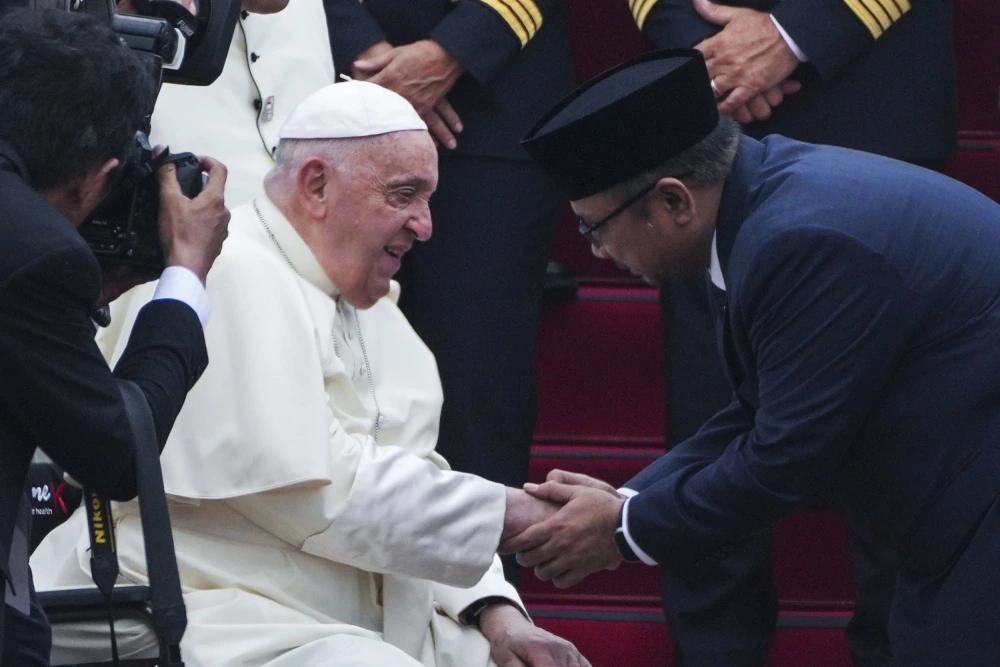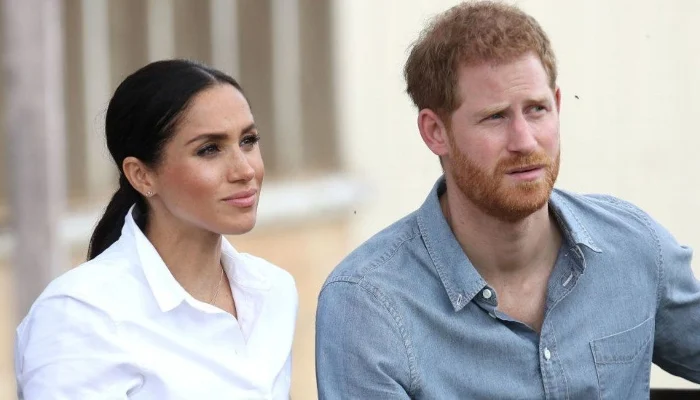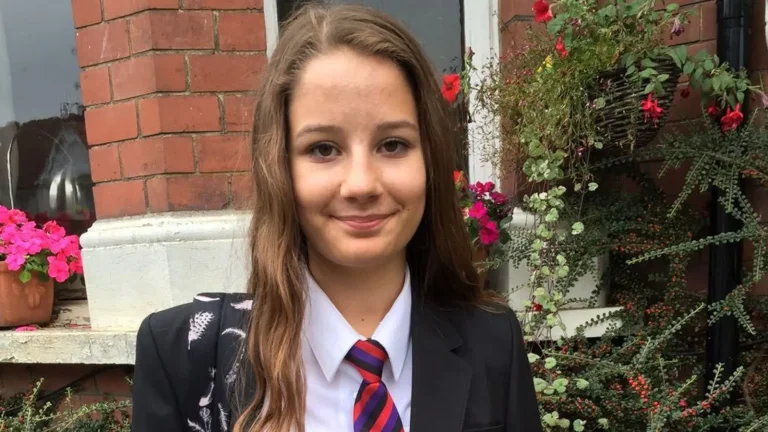Indonesia, home to the world’s largest Muslim population, has faced challenges to this freedom, with repeated instances of discrimination and violence against religious minorities. Amnesty International reported at least 123 cases of intolerance from January 2021 to July 2024, including attacks on places of worship.
Francis described the tunnel as a powerful symbol of how different religious traditions can help guide people through life’s challenges. He encouraged all Indonesians to contribute to open societies based on mutual respect and love, rejecting extremism and fundamentalism. The meeting, filled with personal gestures of friendship between the 87-year-old pope and 65-year-old imam, underscored their shared commitment.
A notable moment at the mosque involved a visually impaired teenage girl reciting Quranic verses on tolerance. Francis, who has emphasized improving Catholic-Muslim relations throughout his papacy, used this occasion to launch “The Istiqlal Declaration,” which he signed with Umar. The document rejects violence in the name of religion and calls for urgent action to address the climate crisis, linking environmental degradation to human exploitation.
Umar also highlighted the mosque’s role as a “big house for humanity,” noting that it was designed by a Christian architect and serves all people, regardless of faith. The interfaith event was a key moment of Francis’ trip to Indonesia, which concluded with a Mass expected to draw 60,000 people. Francis is the third pope to visit Indonesia, after Paul VI and John Paul II.
Following this visit, Francis will continue his tour of Asia and Oceania, heading to Papua New Guinea, East Timor, and Singapore, on one of the longest trips in papal history, set to conclude on September 13.





